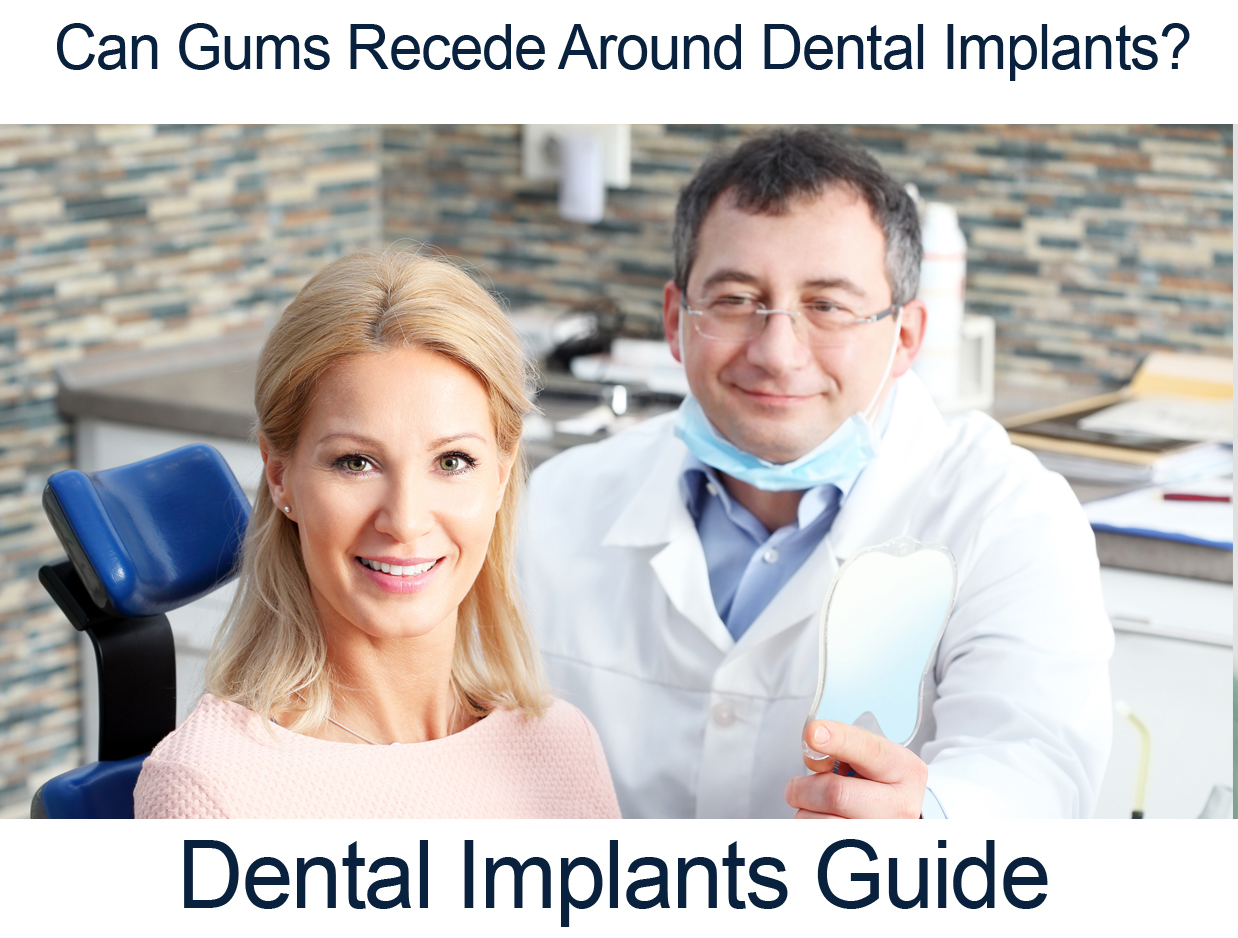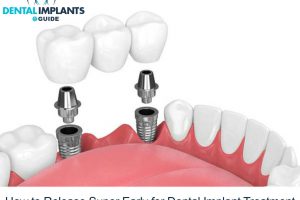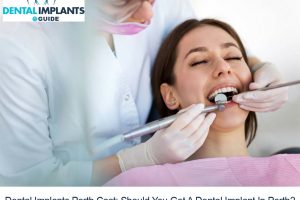Can Gums Recede Around Dental Implants?
Can Gums Recede Around Dental Implants?
You recently received dental implants and are now noticing that your gums are receding. What went wrong, exactly? Gum recession around dental implants is a subject that Dental Implants Brisbane has addressed.
High Quality Dental Implants Affordable Prices FREE Consultation


Dental Implants and How They Function
Your dental implant is inserted directly into the jawbone in the cavity left by the missing tooth during a minor surgical procedure. After that, it will be left to recover for a few months before the final crown is placed. The implant actually fuses to the bone around it during this healing time.
Is it possible for gums to recede around dental implants?
Most people are familiar with receding gums around teeth, but those who have dental implants may wonder if the same thing will happen to them. Gums will recede around dental implants, so the response is yes. When the gums on dental implants recede, the implants will be exposed instead of the tooth root. Gum recession caused by dental implants can be unsightly, make patients self-conscious, and even lead to implant failure.
Fortunately, there are ways to avoid gum recession.
What Causes Gum Recession?
Gum recession happens regardless of whether you have dental implants or natural teeth. Gum recession can be caused by a number of factors, including:
- Genetics
- Brushing too strongly
- Oral hygiene issues
- Smoking
- Grinding and clenching teeth
- Teeth that are misaligned or crooked
- Hormone concentrations
Last but not least, poor dental implant placement or inadequate bone can cause receding gums with dental implants. There isn’t enough tissue between the implant and the outside if it’s positioned too close to the front of the gums. This allows the dental implant to be seen through the gums. This can also happen if the implant is rotated too far. The gums would finally recede. If there isn’t enough bone and the implant is still in place, the gums will recede as well. The gums can recede if there isn’t enough bone to keep it in place properly.
(Discuss your dental situation with us)
How to Avoid Gum Recession with Dental Implants
Gum recession can lead to implant failure, so it’s more important than ever to avoid it if you have dental implants. To begin, if you clench or grit your teeth at night, you must wear a nightguard faithfully to protect your implants. Clenching and scraping can cause receding gums as well as TMJ disorders, which can cause debilitating symptoms including headaches, jaw pain, and more. Using a soft toothbrush and not brushing too vigorously will also help to avoid gum recession. We also recommend that you take good care of your teeth. Gum disease and receding gums will cause your implants to fail if you don’t take care of your teeth.
Rub twice a day with an electric toothbrush (gently), floss once a day, visit the dentist for a cleaning every 6 months, use a tongue scraper, and use receding gums mouthwash and toothpaste for best results. We also advise that you stop smoking.
It’s also important to have your dental implants performed by a professional implant dentist.

The Impact of Gum Recession on Dental Implant Candidacy
Dental implants are artificial tooth roots that are anchored directly into the jawbone and gum tissue. They are designed to act similarly to natural tooth roots. If there is insufficient gum tissue, the chances of implant failure increase. In fact, severe gum recession and/or bone loss can disqualify a person from receiving dental implants.
Soft Tissue Augmentation
It is possible to undergo soft tissue augmentation if you have experienced gum recession but still want dental implants. To build up the gumline, these procedures attach donor gum tissue to the gumline or use artificial soft tissue grafts.
Soft tissue augmentation helps restore the gumline and makes dental implants a viable option for patients again. Healing takes a few months (which adds to the total recovery period for dental implants), but if effective, it helps restore the gumline and makes dental implants a viable option for patients again.
References:
Oshida, Y.; Tuna, E.B.; Aktören, O.; Gençay, K. Dental Implant Systems. Int. J. Mol. Sci. 2010, 11, 1580-1678. https://doi.org/10.3390/ijms11041580
Annibali S, Cristalli MP, Dell’Aquila D, Bignozzi I, La Monaca G, Pilloni A. Short Dental Implants: A Systematic Review. Journal of Dental Research. 2012;91(1):25-32. doi:10.1177/0022034511425675
Hag-Young Lee, Seung-Won Yang, You-Jung Kang, Kyung Chul Oh, Jee-Hwan Kim, Influence of shoulder coverage difference of abutment on stress distribution and screw stability in tissue-level internal connection implants: A finite element analysis and in vitro study, The Journal of Prosthetic Dentistry, 10.1016/j.prosdent.2020.08.022, (2021).









